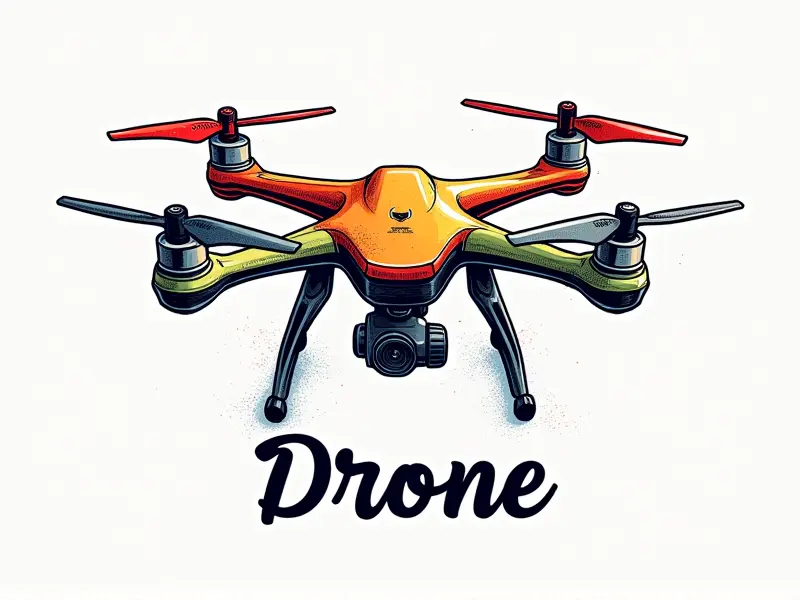Can I use RC without FPV?

Is FPV Really Necessary for RC Flying?
Flying radio-controlled (RC) aircraft and drones has become increasingly popular, with many enthusiasts opting to use First-Person View (FPV) technology. However, is FPV truly necessary? This article explores the viability of flying RC without FPV.
Flying RC Without FPV: Is It Possible?
Yes, it is entirely possible to fly RC aircraft and drones without FPV. Traditional radio control (RC) involves using a transmitter with a direct line-of-sight view of your drone or aircraft. This method has been around for decades and remains popular among enthusiasts who prefer the tactile feedback and challenge of flying visually.
Can You Navigate RCs Effectively Without FPV?
Navigating RC vehicles without FPV can be challenging but is certainly doable with practice. Pilots must rely on their spatial awareness, understanding of wind conditions, and experience to maneuver the aircraft or drone effectively. While it may take some time to get used to this method, many pilots find it rewarding.
Why Some Pilots Choose RC Over FPV
Several reasons explain why some pilots prefer traditional RC flying over FPV:
- Sense of Control: Many pilots enjoy the direct connection between their movements and the aircraft's response.
- Cost-Effective: Traditional RC systems are often less expensive than FPV setups, making them more accessible to beginners.
- No Need for Additional Equipment: No goggles or video transmitters are required, simplifying the setup process.
Tips for Flying RC Quadcopters Blindly
Flying quadcopters without FPV requires careful planning and practice. Here are some tips to help you get started:
- Start Small: Begin with indoor flights in a controlled environment before moving outdoors.
- Understand Wind Conditions: Pay attention to wind direction and speed, which can significantly affect your flight path.
- Use Visual Cues: Look for landmarks or reference points to help guide your quadcopter's movements.
Exploring RC Helicopters Without FPV Tech
Flying RC helicopters without FPV presents unique challenges due to their complex aerodynamics. However, it is possible with practice:
- Master Basic Maneuvers: Start by learning basic hover and maneuvering techniques.
- Practice in Open Spaces: Choose large, open areas free from obstacles to minimize risks.
- Use a Spotter: Having an assistant who can provide visual feedback can be invaluable during your early flights.
Mastering RC Control Without Real-Time Vision
Mastery of RC control without real-time vision comes with time and experience. Here are some strategies to enhance your skills:
- Improve Spatial Awareness: Develop a keen sense of spatial awareness by practicing in various environments.
- Learn from Others: Watch experienced pilots fly without FPV to gain insights and tips.
- Practice Regularly: Consistent practice is key to improving your skills and confidence.
Flying Blind: RC Without FPV?
Flying blind, or flying without FPV, can be an exhilarating experience. It tests your piloting skills and spatial awareness in ways that traditional FPV cannot. While it may seem daunting at first, many pilots find it rewarding to push their limits.
Non-FPV RC Flying for Beginners
If you're new to RC flying, starting with non-FPV can be a great way to build foundational skills:
- Understand Basic Controls: Learn the basics of your transmitter and how it interacts with your aircraft.
- Start Indoors: Begin in an indoor setting where you have more control over variables like wind.
- Gradually Increase Difficulty: As you gain confidence, move to outdoor settings with fewer obstacles.
Traditional RC Flying vs. FPV
Both traditional RC flying and FPV offer unique advantages:
- Traditional RC: Provides direct control feedback and is cost-effective for beginners.
- FPV: Offers an immersive experience with real-time video feed, allowing pilots to see what the aircraft sees.
Discover RC Flying Beyond FPV
Flying RC without FPV opens up a world of possibilities. From mastering basic maneuvers indoors to tackling challenging outdoor environments, there's always something new to learn and explore in traditional RC flying.
Conclusion
While FPV technology has revolutionized the way we fly RC aircraft and drones, it is not essential for enjoying this hobby. Flying without FPV can be a rewarding experience that tests your skills and enhances your understanding of spatial awareness. Whether you're a beginner or an experienced pilot looking to expand your horizons, traditional RC flying offers unique challenges and opportunities.

